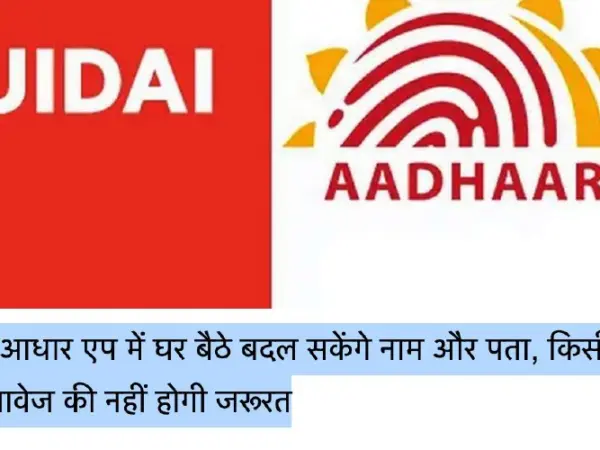Shares of Protean eGov Technologies Ltd, a leading e-governance solutions provider, nosedived by 20% on Monday after the company was not shortlisted for the Income Tax Department’s prestigious PAN 2.0 project.
At 1:10 PM, the stock hit its lower circuit on the Bombay Stock Exchange (BSE), trading at ₹1,143.05, compared to Friday’s closing price of ₹1,428.80. The stock opened the day at ₹1,199 and has continued to fall sharply.
Major Setback: Not Selected for PAN 2.0 Project
In a regulatory filing, Protean eGov disclosed that it had participated in the Request for Proposal (RFP) process for the PAN 2.0 project — a technology overhaul initiative for designing, developing, and maintaining the new PAN system. However, the company confirmed that it was not considered for the next phase of the selection process by the Income Tax Department.

While the company stated that the decision would have a limited impact on its existing services, the market responded strongly due to the potential revenue implications.
Brokerage Downgrades & Revenue Concerns
According to a report by brokerage firm Equirus, nearly 50% of Protean’s revenue currently comes from PAN-related services. The report warns that this revenue could decline by 75-100% over the next 2-3 years, resulting in a potential 35% drop in total income by FY27.
Equirus has downgraded the stock to “Sell”, slashing its target price from ₹1,730 to ₹900. The report also highlighted concerns about sluggish growth in other segments, such as the Open Network for Digital Commerce (ONDC), particularly in retail volumes.
Stock Performance Snapshot
| Time Period | Price Movement |
|---|---|
| Today | -20% (₹1,143.05) |
| Past 1 Month | -21.38% |
| Past 3 Months | -18.73% |
What Lies Ahead?
The failure to secure a spot in the PAN 2.0 project is seen as a major strategic blow for Protean eGov, raising questions about its revenue diversification and future growth trajectory. Investors will be watching closely to see if the company can pivot successfully and tap into new avenues to offset the anticipated decline in PAN-related income.




